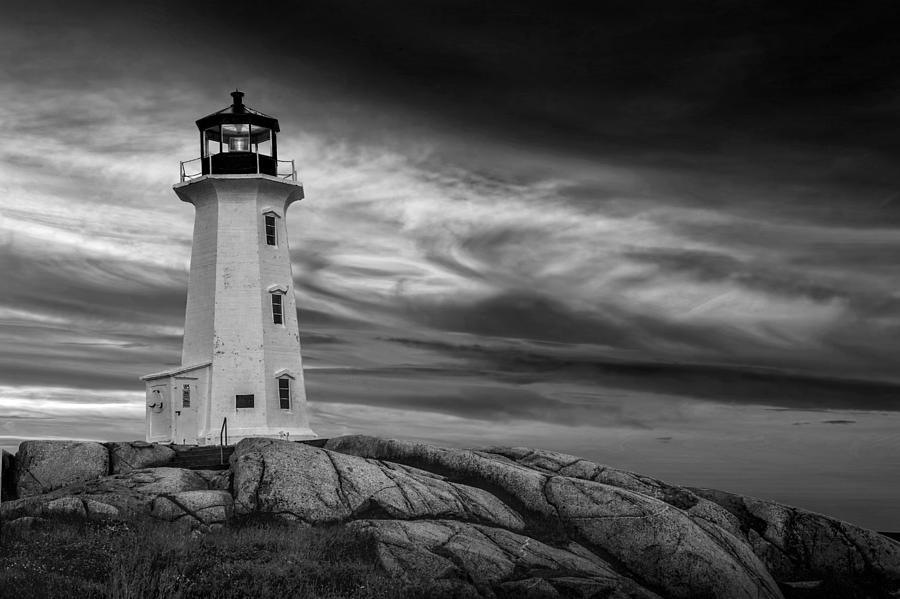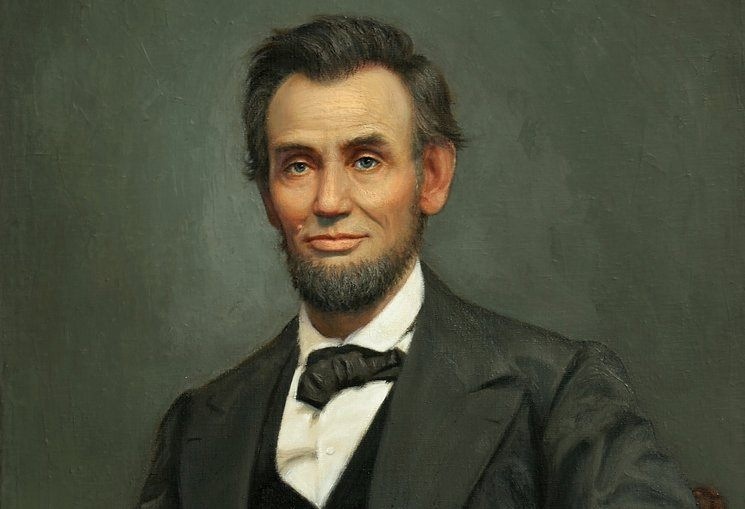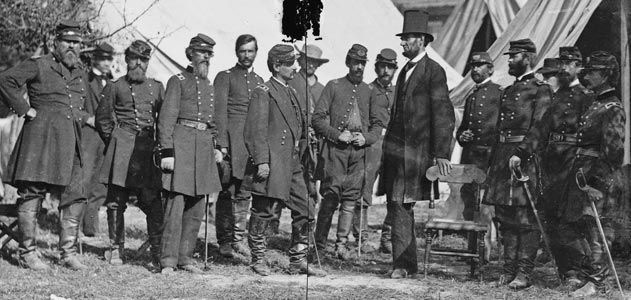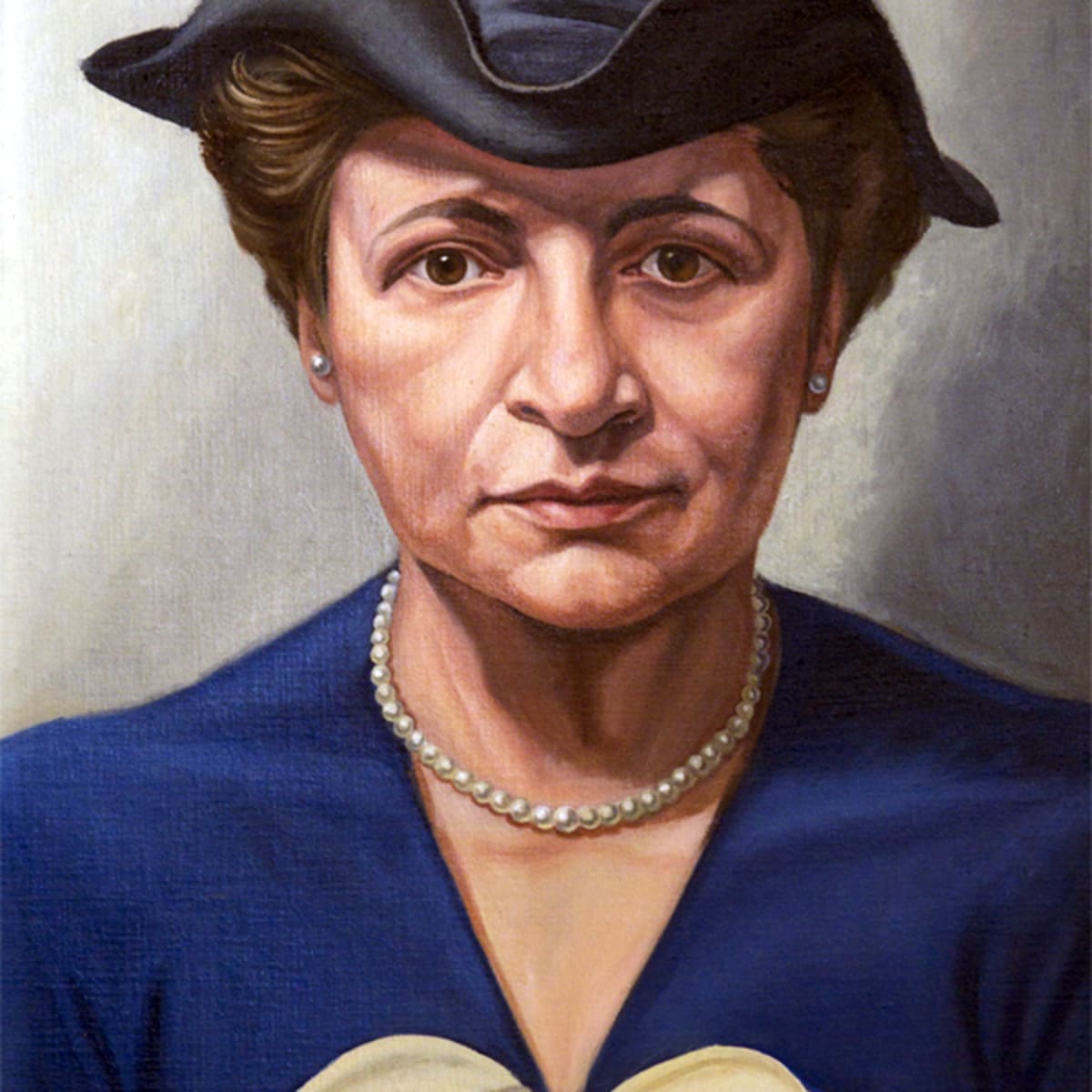The Black, White and Grey of Leadership

We can all probably buy into that concept. However, there comes a time when leaders have to step up to the plate to assert themselves, to affirm what they TRULY believe in. If you pause for a moment and reflect on the current state of politics, not just in the U.S. but Canada, France, Great Britain, Germany, Norway, Australia, etc., you’d be hard-pressed to really understand the intrinsic value sets of national leaders.
Canadians increasingly struggled with Conservative Prime Minister Stephen Harper for a decade, who with a majority government rode roughshod over the electorate, practicing an opaque-style of government, increasingly reminiscent of a Putinesque style of ruling autocracy. Then came Liberal PM Justin Trudeau, now facing a possible defeat at the polls this October.
In the United States, President Barack Obama’s popularity slid significantly in the polls, reflecting his indecisiveness on a number of issues. Yet Obama’s two-term presidency is looking like the good old days after two-plus years of Donald J. Trump in office.
In addition to being a long-time student of leadership, I’ve also become a student of history (I detested history in high school and university), notably on U.S. presidents. It’s amazing what you can learn about leadership from reading about the past. Yes, folks, history does repeat itself–so much for the naïve belief that people learn from experience, as witnessed by similar mistakes made by elected politicians.
In previous posts I’ve spoken about two great American presidents, Franklin D. Roosevelt and Teddy Roosevelt, the former a Democrat and the latter (FDR’s uncle) a Republican. I’ve wanted for some time to understand better for what Abraham Lincoln stood, especially since he faced the greatest crisis any of America’s 45 presidents have ever confronted. Lincoln, the tall gangly, flat-footed walker who in the 1850s was perceived as the unlikely leader of what became the new Republican party. Yet he persevered, enthralling people with his powerful oratories and compelling stories. Lincoln detested slavery, yet was politically astute to understand that to end the vile practice timing was of the essence if the union was to survive.
As Doris Kearns Goodwin explains in her excellent book Team of Rivals: The Political Genius of Abraham Lincoln:
The pinnacle of his success at Cooper Union in New York on the evening of February 27, 1860, before a zealous crowd of more than fifteen hundred people, Lincoln delivered what the New York Tribune called “one of the happiest and most convincing political arguments ever made in this city” in defense of Republican principles and the need to confine slavery to the places where it already existed.”

Of side interest, Great Britain banned the trading of slaves in 1807 through the Slave Trade Act. This encompassed the entire British Empire. However, slavery itself was not banned. It wasn’t until 1833 that slavery was finally decreed as illegal through the Slavery Abolition Act.
In Canada, as much as Canadians decried slavery they need to look in the mirror when it comes to how blacks have been treated since the 1800s. A case in point is the small province of Nova Scotia (population one million), located on the Atlantic coast. The Underground Railroad brought former slaves to Nova Scotia, where they continue to be treated as inferior citizens, relegating them to slums. Racial tensions prevail in 2019.
It’s difficult to understanding how the supposedly greatest nation on the planet was so attached to slavery, and which still seems to be unable to let go of black versus white; there’s no grey in this story. I vividly recall the 2008 presidential campaign, during which racial commentary, while thinly veiled on some U.S. networks, exploded into the open when journalists interviewed Americans on the street.
Over 160 years have elapsed since President Lincoln saved the Union and abolished slavery through the Emancipation Proclamation of 1863, which finally became law in December 1865. Henry Highland Garnet, fugitive slave turned abolitionist, was the first black to speak at the Capital Dome in Washington on February 12, 1865. Here’s an example of Garnet’s oratorical skill:
Brethren, arise, arise! Strike for your lives and liberties. Now is the day and the hour. Let every slave throughout the land do this, and the days of slavery are numbered. You cannot be more oppressed than you have been- you cannot suffer greater cruelties than you have already. Rather die freemen than live to be slaves. Remember that you are four million! … Awake, awake! Let your motto be resistance, resistance, resistance!

Abraham Lincoln was a human being. He certainly wasn’t perfect. One problem with American society is the propensity to eulogize once-great leaders to the point of saint-dom. Lincoln, however, knew right from wrong, black from white, and that the way forward for the United States was to stop the spread of slavery. Like any politician, centuries ago or in 2019, Lincoln walked a tightrope on the issue of slavery and its relationship to the secessionist desires of Southerners.
With that said, Bryan Prince notes in his excellent book A Shadow on the Household: One Family’s Incredible Struggle for Freedom that Lincoln shared the philosophy that blacks could never be part of American society, that their future lay in resettling in their own colony. This was the so-called Liberia plan. The idea of transporting blacks, born on American soil, to a northern African country half a world away distressed many. This policy literally tore families apart, and left blacks, despite existing in horrendous conditions in the U.S., feeling that even Abolitionists didn’t want them to be part of American society.
This is a dimension of President Abraham Lincoln, and the United States as a collective, that is not well understood.
What do you see, black, white or grey when it comes to interacting with the world, whether at work or in your community?
When you’re dealing with people, are you truly able to see beyond physical colour, or beyond disabilities, or beyond one’s religious or sexual beliefs?
If our planet is to evolve positively, we have some thinking to do.
Any people anywhere, being inclined and having the power, have the right to rise up, and shake off the existing government, and form a new one that suits them better. This is a most valuable – a most sacred right – a right, which we hope and believe, is to liberate the world.
– Abraham Lincoln
Articles from Jim Taggart
View blog
The leadership field—and its cousin management—has an over abundance of information, from books, per ...

Your faithful correspondent has been a long-time proponent of self-empowerment, writing extensively ...

Franklin Delano Roosevelt rates as being one of America’s greatest presidents, probably in the top t ...
You may be interested in these jobs
-
administrative assistant
Found in: Talent CA 2 C2 - 1 day ago
All Season Fencing Ltd Toronto, CanadaDurée de l'emploi: Permanent · Langue de travail: Anglais · Heures de travail: 40 hours per week · Education: · Expérience: · Education · Secondary (high) school graduation certificate · Work setting · Manufacture · Retail/wholesale establishment/distribution centre · Tasks · A ...
-

Frigoriste
Found in: Talent CA C2 - 3 days ago
NAVADA Longueuil, CanadaTu es passionné(e) par ton métier, mais actuellement, les défis te manquent? Chez Navada, nous sommes à la recherche de Frigoriste. Tu es une personne curieuse, motivée et allumée qui désire évoluer à long terme avec une entreprise inspirante? Si oui, viens ajouter ta valeur au ...
-

Nanny
Found in: beBee S2 CA - 1 week ago
CanadianNanny Verdun, Canada Full time***If you do not speak French please do not apply*** · Hello all · We are looking for an energetic French-speaking au pair to take care of our two wonderful kids (6 and 3 years old) starting May 1, 2024 in Verdun, just a few minutes from bustling downtown Montreal. · My partner ...

Comments